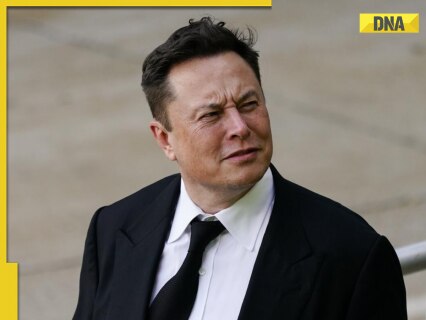
Indians demand refunds for Tesla Model 3 deposits after eight years of unfulfilled promises.
Elon Musk invited Indian customers to preorder the much-anticipated Tesla Model 3 with a $1,000 deposit in April 2016. The excitement for the Model 3 was palpable, even though the launch details and final cost of the car in India were uncertain.
Fast forward eight years, and the initial excitement has turned into frustration for many Indian customers. Despite their early enthusiasm and financial commitment, the Tesla Model 3 never arrived in India. This delay has been attributed to various factors, including Tesla’s concerns over high import taxes in India, which would significantly inflate the car’s price, and the complexities of establishing a manufacturing plant in India to avoid these taxes.
Without any concrete updates from Tesla, Certain customers who made the booking have decided to move on and purchased an electric SUV from the German automaker Audi. Vishal Gondal who is a prominent figure in the Indian tech industry and the founder and CEO of the health-tech startup GOQii, was among the first to sign up. He eventually managed to get his $1,000 deposit refunded in January 2023, thanks to a friend’s assistance in tracking down a Tesla sales manager in India.
India which is the world’s third-largest auto market presents unique challenges for automakers. The average car price in India is around $14,000, starkly contrasting with the $47,000 average in the United States. A Tesla Model 3, priced at approximately $40,000 in the U.S., would be considered a luxury vehicle in India, demanding top-notch after-sales service. Gondal aptly summarized the situation: “Tesla may be a great tech company, but they just don’t know how to sell luxury cars in India.”
Alternatives and market shifts
Since 2016, the electric vehicle (EV) landscape in India has evolved significantly. Other automakers, including luxury brands like Audi and Mercedes-Benz, have introduced their EV models, providing Indian consumers with viable alternatives to Tesla. Hemant Suthar, a director at a design studio in Mumbai, who also prebooked a Tesla in 2016, noted that the minimalist Tesla might struggle against the more luxurious EVs now available in India.
To attract global EV manufacturers, India reduced its import duties in March 2024 to 15% from the previous 70%-100% for EVs priced below $35,000, provided the automaker commits to building a factory in India within three years. Despite this, Elon Musk expressed concerns in 2019 that high import duties would double the price of Teslas in India, making them unaffordable. Musk’s anticipated trip to India in April 2024 to announce a factory was canceled last minute due to “heavy Tesla obligations.”
Tesla’s global challenges
Globally, Tesla faces its own set of challenges. The EV market has changed drastically, with the novelty of EVs waning and competition intensifying. Tesla has built significant manufacturing capacity, with the ability to produce 2.3 million cars annually. However, in the first half of 2024, Tesla sold 831,000 vehicles worldwide, falling short of Musk’s forecast of 1.8 million for the full year.
Tu Le, founder of the consultancy Sino Auto Insights, pointed out that Tesla now needs new, more affordable models to maintain its global position, especially in emerging markets like India. Chinese automaker BYD, which has been making inroads into the Indian market since 2008, poses a significant threat with its range of both affordable and premium EVs.
The road ahead
India’s auto market, dominated by Maruti Suzuki, Hyundai Motors, and Tata Motors, remains a challenging landscape for newcomers like Tesla. Electric vehicle sales in India doubled in 2023 but still account for just 2% of total car sales. Tata Motors holds a substantial share of this market, with other players like Mahindra & Mahindra and BYD also gaining ground.
For Tesla to succeed in India, it would need to price its cars competitively, likely around $30,000, and build local manufacturing and charging infrastructure. However, geopolitical tensions and protective measures for domestic automakers add further complexities.
As Tesla plans to deliver a more affordable car by 2025, the company’s intentions for the Indian market remain unclear. Rajesh Kumar Singh, head of the Indian agency for promoting industrial growth, stated in a TV interview that the key Tesla executive they had been communicating with was no longer with the company, leaving India uncertain about Tesla’s future plans.
The DNA app is now available for download on the Google Play Store. Please download the app and share your feedback with us.
